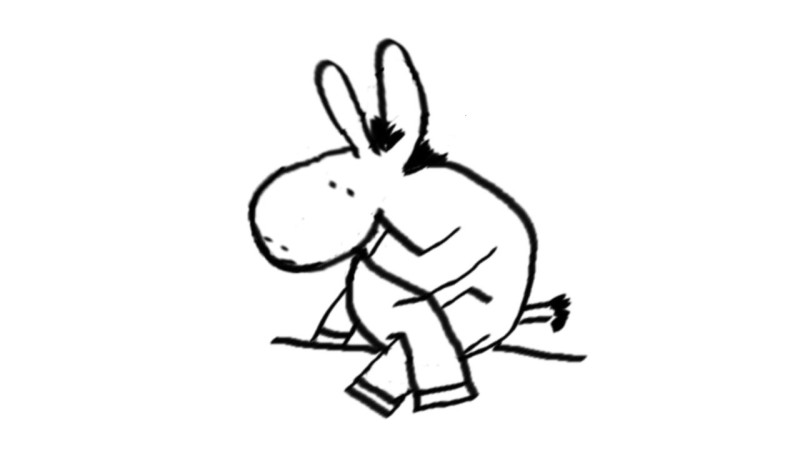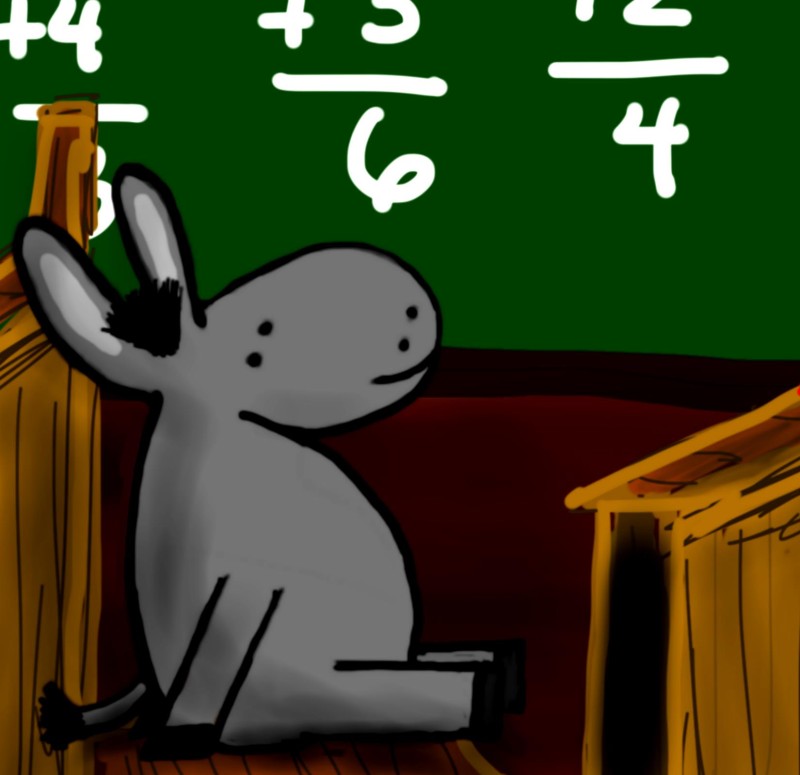In a word… all words.
Tag: etymology
“Ditto goes to school” (XXI)
Hello, said Ms. Johnson, I’m Ms. Johnson. Hello, said Ditto, I’m Ditto. Nice to meet you, Ditto. Nice to meet you, Ms. Johnson. I understand, said Ms. Johnson, that you had some trouble with the Dibels test. Yes, said Ditto, the words didn’t make any sense. Didn’t the schoolmarm explain, said Ms. Johnson, that the words were make-believe words? Yes, said Ditto, but even make-believe words have meaning. I don’t understand, said Ms. Johnson. Aren’t all words, said Ditto, make-believe words? All words? said Ms. Johnson. Yes, said Ditto, the word “tree” has no ontological relationship to the thing we call a tree. We might invent any word and make believe it refers to a tree. In fact, that’s what we’ve done since the beginning of language—the word for tree is different in every language that exists—all the different words are simply make-believe words that we’ve agreed upon to refer to trees.
You’re exactly right, said Ms. Johnson. And if someone is asked to read a group of make-believe words, said Ditto, how do they know that the words don’t have make-believe pronunciations? They don’t know, said Ms. Johnson, because the group of make-believe words might constitute a make-believe language, with its own grammar, syntax, and pronunciation. Exactly, said Ditto, that’s why I had trouble with the test. Would it have helped, said Ms. Johnson, if the schoolmarm had said the words were “meaningless”? Meaningless? said Ditto. How could they be called meaningless if they’ve determined where I have to spend my lunch hour? Yes, said Ms. Johnson, the two of us are going to get along very, very well.

